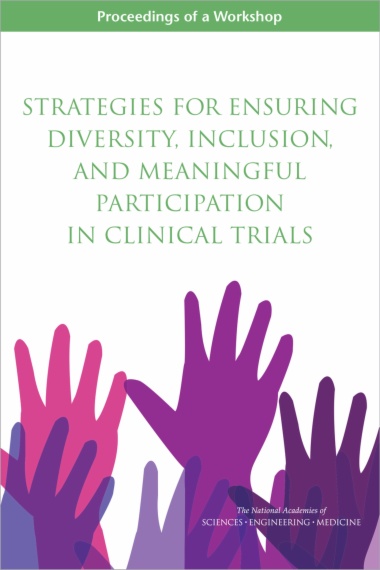This study of the four installments comprising Luis Goytisolo's Antagonía tetralogy' Recuento (1973), Los verdes de mayo hasta el mar (1976), La cólera de Aquiles (1979), and Teoría del conocimiento (1981) examines the means by which these works of fiction, despite their structurally and linguistically complex discourse, seek to make themselves intelligible to the traditional reader. This reader-response approach to Antagonía demonstrates how the work, notwithstanding its efforts to elaborate an innovative prose that would supersede the tenets of (neo)realism that characterized Spanish fiction from the 1940s to the 1960s, reaches out to the traditional reader and ultimately affirms the power of language and literature as vehicles for understanding oneself and the world.
- Cover
- Contents
- Introduction
- Luis Goytisolo's Antagonía Tetralogy
- A Reader-Response Approach to Antagonía
- 1. Reading Recuento: A Writer is Born
- Temporal/Structural Dimensions
- Focalization and Narration
- Distinctive Discourses and Narrative Voices
- Metafiction and Literary Theory
- 2. Reading Los verdes de mayo hasta el mar: Actualizing a Text under Construction/Constructed
- Temporal/Structural Dimensions
- Shifting Levels of Textuality
- Literary Theory
- 3. Reading La cólera de Aquiles: (Re)Writing Lives
- Matilde's Story of Love and Betrayal
- El Edicto de Milán
- Literary Criticism and Theory
- 4. Reading Teoría del conocimiento: Creating and Knowing in a Novel of Windows and Mirrors
- Enigma, Suspense, and Plot Construction
- Psychoanalytic Discourse and Character Construction
- Literary Theory and Epistemology
- Conclusion
- Notes
- Works Cited

